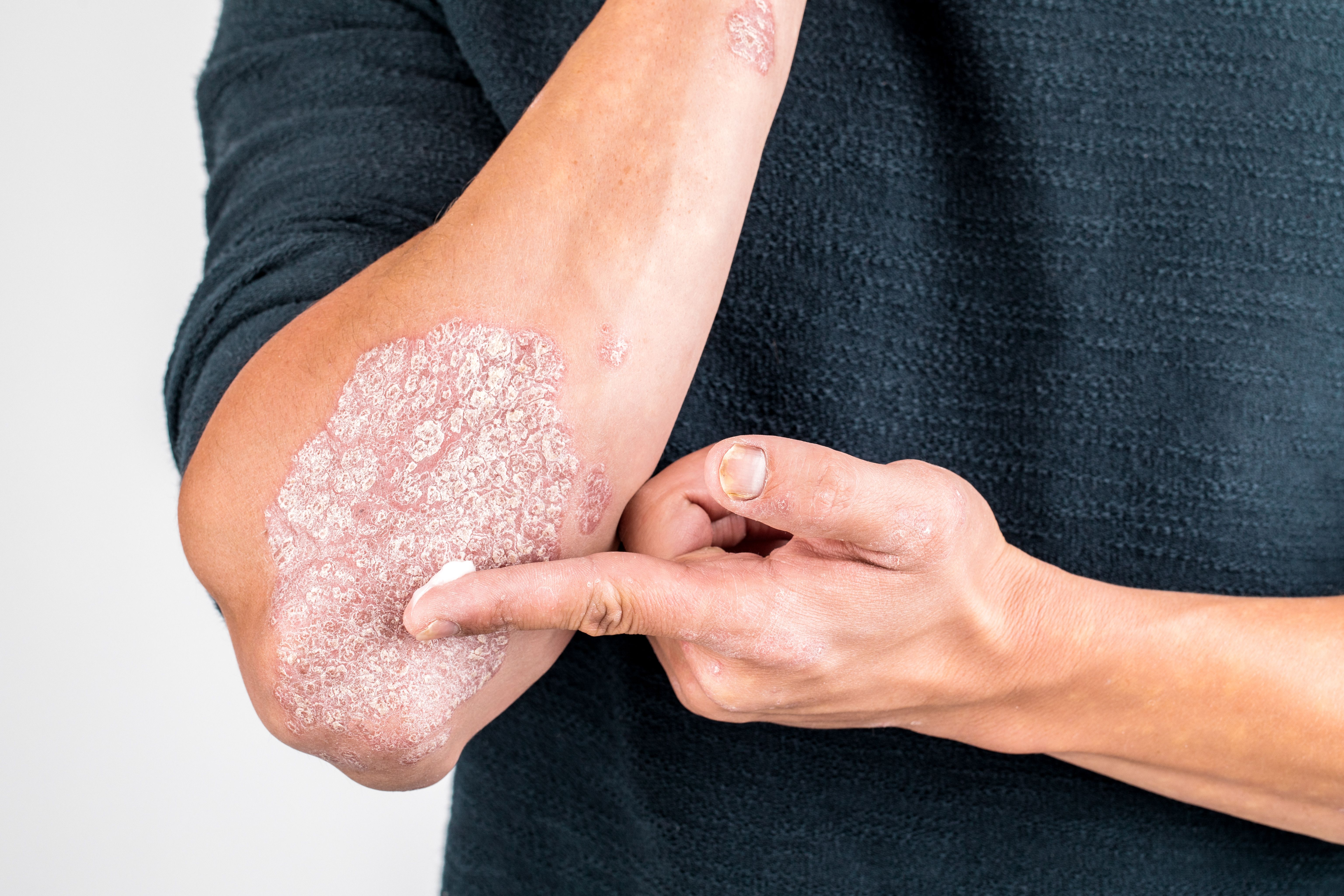- Acne
- Actinic Keratosis
- Aesthetics
- Alopecia
- Atopic Dermatitis
- Buy-and-Bill
- COVID-19
- Case-Based Roundtable
- Chronic Hand Eczema
- Chronic Spontaneous Urticaria
- Drug Watch
- Eczema
- General Dermatology
- Hidradenitis Suppurativa
- Melasma
- NP and PA
- Pediatric Dermatology
- Pigmentary Disorders
- Practice Management
- Precision Medicine and Biologics
- Prurigo Nodularis
- Psoriasis
- Psoriatic Arthritis
- Rare Disease
- Rosacea
- Skin Cancer
- Vitiligo
- Wound Care
Article
Study: CME improves psoriasis care
Author(s):
New Study suggests dermatologists completing a PI CME on psoriasis significantly improved in important patient care aspects. Learn more.
While research looking at the impact of the Performance Improvement (PI) CME format on dermatology has been lacking, a new study sheds some light on the topic. It suggests dermatologists completing a PI CME on psoriasis significantly improved in important patient care aspects.
The American Academy of Dermatology offers eight PI CMEs in a variety of areas. For this study, researchers assessed physician practice patterns after completing the AAD’s psoriasis PI CME. The psoriasis PI CME was created by the AAD in part to assist dermatologists in fulfilling Part IV of their Maintenance of Certification requirements.
RELAYED: Researchers isolate psoriasis triggering proteins
Study participants self-audited patient charts, which met inclusion criteria in stage A, and reflected on their results, benchmarked against peers. They reviewed educational materials in stage B and developed improvement plans, and completed the CME by self-auditing a different set of patient charts after the plan’s implementation, according to the study published online January 7, 2015 in the Journal of the American Academy of Dermatology.
Next: The biggest improvements
The biggest improvements were noted in the areas of cardiovascular disease counseling. Less than a third of dermatologists completing stage A reported they had counseled psoriasis patients about their increased cardiovascular disease and cardiovascular risk factors, compared to nearly 80 percent of stage C completers. The improvement was as dramatic (at 47.2 percent) in dermatologists documenting recommendations that psoriasis patients should see their primary care practitioners for cardiovascular risk assessments. Persistent gaps, however, remained in counseling patients about smoking, alcohol use and obesity.
RELAYED: Final phase begins for drug’s plaque-psoriasis indication
“Well done education, not only enhances knowledge for dermatologists but can change their practice patterns to improve patient outcomes. The first step is to appreciate that practice gaps exist and then find and use appropriate tools to address these gaps,” the study’s senior author Robert S Kirsner, M.D., Ph.D., wrote in an email to Dermatology Times. “At times, gaps are due to physician knowledge gaps, but other times they are due to other factors such as practice logistics or lack or appropriate tools. In any case, patient care may suffer and addressing these gaps are critical.”
The overriding goal of education is to change physicians’ practice patterns and, ultimately, improving patient care, according to Dr. Kirsner, who is interim chairman and professor of dermatology and cutaneous surgery at the University of Miami Miller School of Medicine, Miami, Fla.
References
Gist DL, Bhushan R, Hamarstrom E, et al. Impact of a Performance Improvement CME activity on the care and treatment of patients with psoriasis. J Am Acad Dermatol. 2015;72(3):516-23.
Newsletter
Like what you’re reading? Subscribe to Dermatology Times for weekly updates on therapies, innovations, and real-world practice tips.









